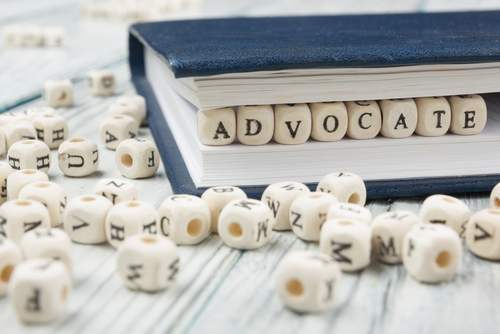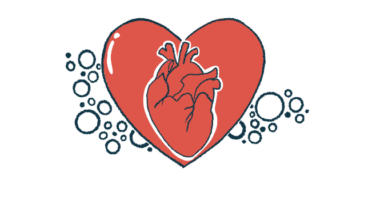The Superhero Elements of Being an Advocate

Roman Motizov/Shutterstock
For the past 13 years, the superhero genre has taken over cinema and given us some of the best experiences at the movies. I am a huge fan of superhero movies. This got me thinking about the criteria for being a superhero and whether it is the same for being a health advocate.
Based on my knowledge and research, there is a compelling argument that the two are very similar.
An origin story
First and foremost, every hero and advocate have an origin story. There always seems to be a life-altering event that reveals their powers or skill set. This is also when they discover their purpose.
In terms of my own situation, I developed some of the skill sets I needed to be an advocate prior to having a pituitary tumor and Cushing’s disease. It wasn’t until I went through this experience when I realized how I could use what was already in me to help others, which leads to the next bit of criteria.
Being selfless
There may be moments of notoriety, but the ones who are truly out to make a difference understand that it’s not about “me.” With great powers or skill sets comes great responsibility. Therefore, improving the community you serve, bringing awareness, and empowering those around you should always be priorities. This leads to the very necessary third criterion: the villain.
The villain
There has to be someone or something challenging, physically or mentally, that poses a risk to the hero, the world at large, or a particularly community. The villain may have superpowers or be highly skilled as well. The villain can appear several times, and is persistent and cunning.
In some cases, in an unexpected twist, the villain becomes an antihero, or we may learn their origin story, which can change our perception of them. However, this is not the case with a pituitary tumor or Cushing’s disease. These guys are simply bad.
Every hero and advocate have a weakness
As strong as our heroes and advocates are, they aren’t immune from their own weaknesses. This may come in various forms that usually are well-hidden. The weaknesses do one of three things: make the hero’s or advocate’s powers or skill sets useless, neutralize them, or allow their powers or skill sets to be used against them. This leads us to the last piece of criteria.
Being fearless is a must
Heroes and advocates must be fearless. Not everything will be easy, and not everyone will agree with you. The courage required is often discovered in the origins, where purpose was discovered.
But fearless doesn’t mean reckless. It means doing the things others won’t do because they are scared, perhaps paralyzed by what others might think.
The hero or advocate may wonder, “How can I protect everyone? Will this benefit me? Do I really want to get involved with this?”
Yes, you should.
We all have the ability — and eventually, the opportunity — to tap into our inner hero or advocate. The question is, will you answer the calling?
***
Note: Cushing’s Disease News is strictly a news and information website about the disease. It does not provide medical advice, diagnosis, or treatment. This content is not intended to be a substitute for professional medical advice, diagnosis, or treatment. Always seek the advice of your physician or other qualified health provider with any questions you may have regarding a medical condition. Never disregard professional medical advice or delay in seeking it because of something you have read on this website. The opinions expressed in this column are not those of Cushing’s Disease News or its parent company, BioNews, and are intended to spark discussion about issues pertaining to Cushing’s.








Comments